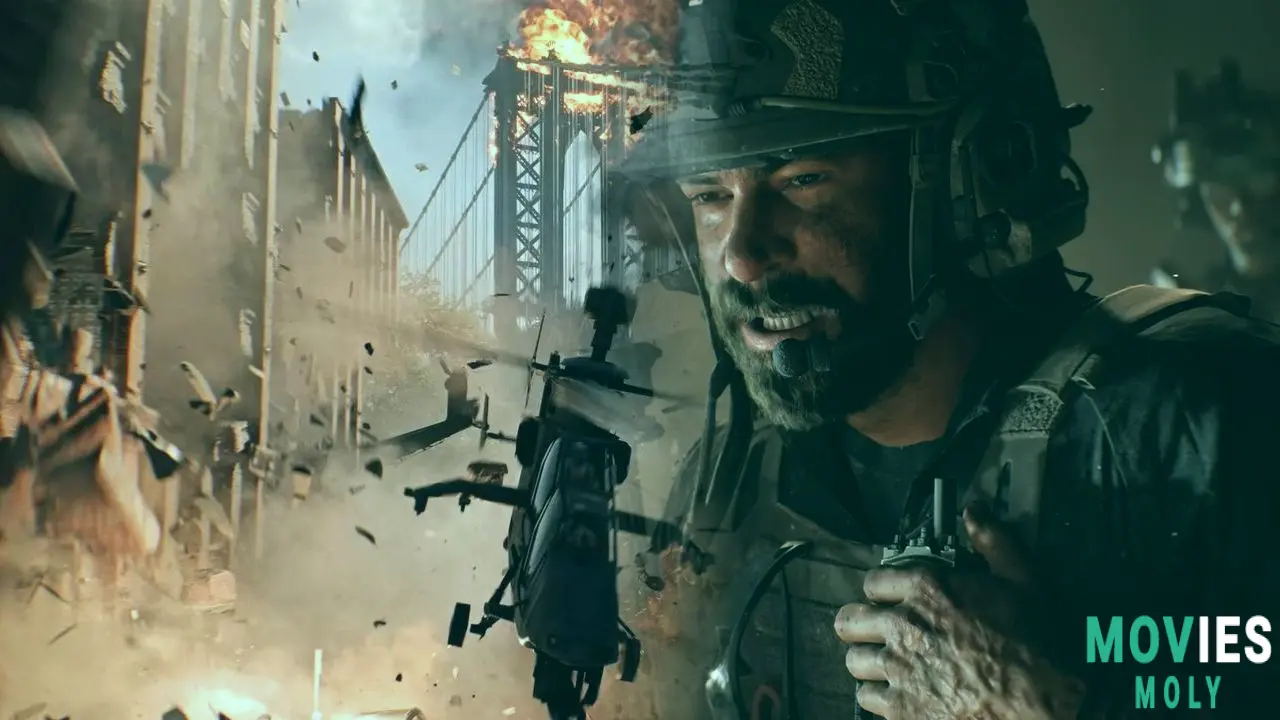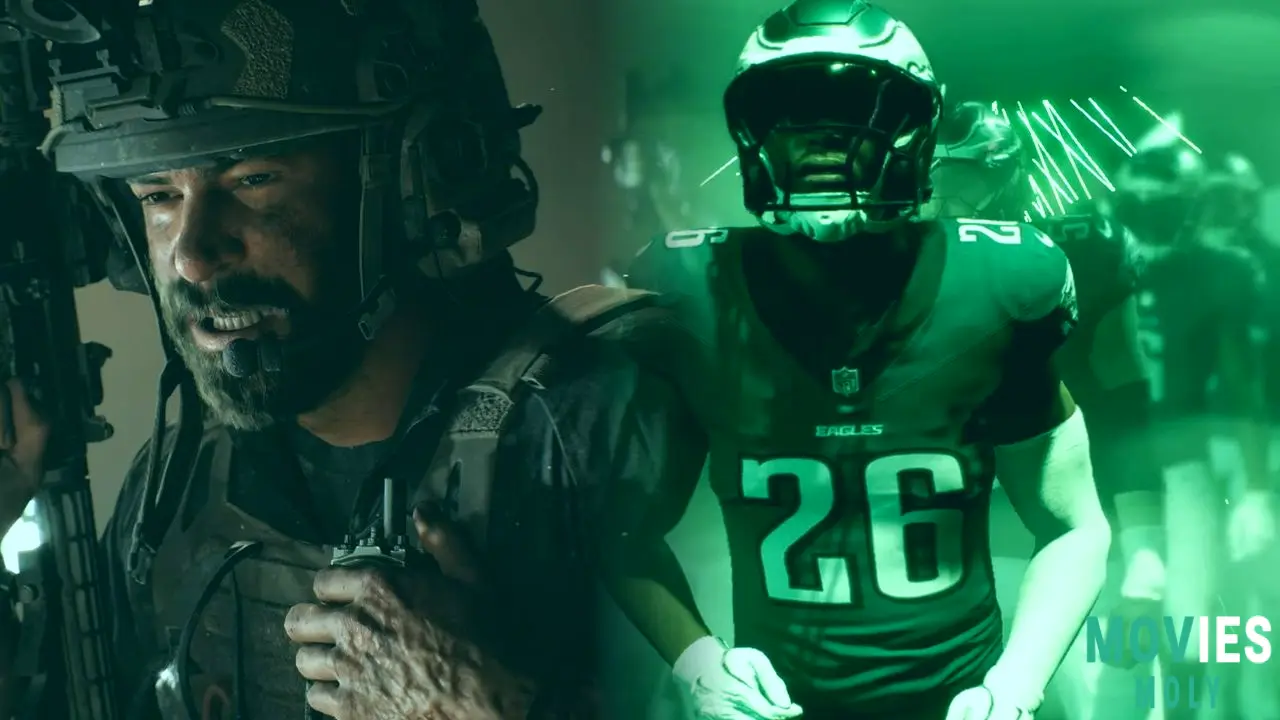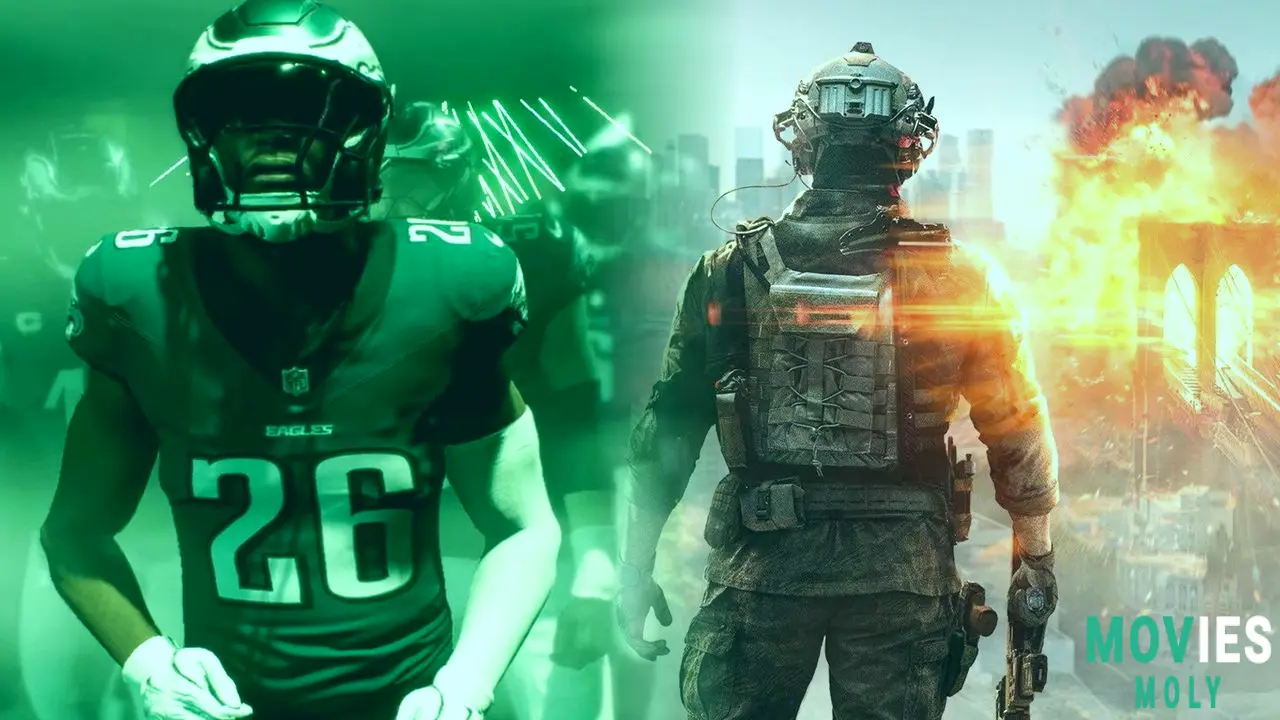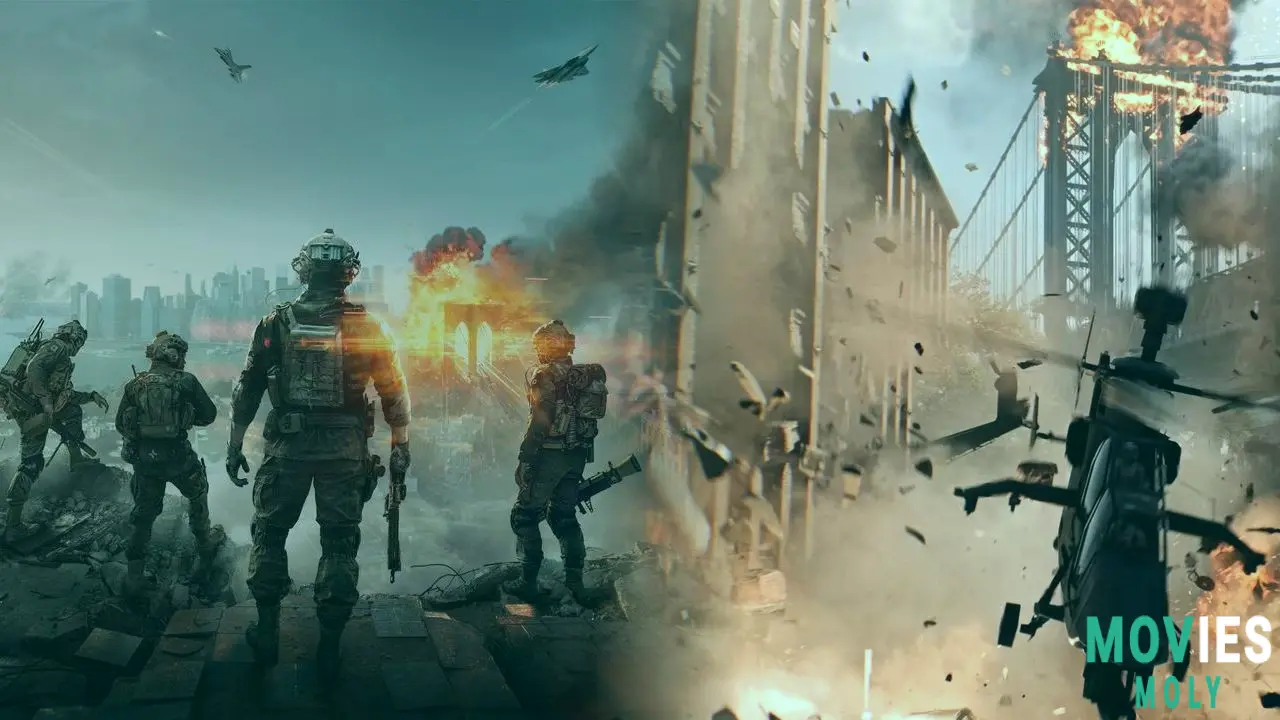The video game industry has been humming recently, and not only for exciting new releases. There has been a lot of discussion about how much we are all paying for our favorite games. For a while, it seemed like the industry was getting closer to a new standard: the dreaded $80 price tag. We've seen some major people try it out, and it's been a bit of a financial rollercoaster. But here's some wonderful news that just arrived: Electronic Arts, the firm behind enormous franchises such as Battlefield and EA Sports FC, has stated that they do not intend to raise the price to $80 for their next games, including the highly anticipated Battlefield 6. This is a significant development, and it raises questions about what is really going on with game costs.
The Battle for $80: Industry Context and Competitive MovesIt's no secret that game pricing have fluctuated. It wasn't long ago that $60 was the norm for a brand-new AAA title. Then, about 2021, we began to see that transition to $70, which for many of us was already a difficult pill to swallow. But the main talk of the town lately has been about the next leap to $80 and where that concept came from.
Nintendo's $80 gamble on Mario Kart World
The whole $80 conversation really started with Nintendo. When the new Switch 2 came out, Mario Kart World cost $80. That certainly raised some eyes. It felt like Nintendo was testing the waters, and many of us were concerned that if they succeeded, everyone else would follow suit. It's a bold move that has sparked debate over how much we're ready to spend for a new game.
Microsoft's Reversal in The Outer Worlds 2
Then, Microsoft entered the ring. They attempted to price The Outer Worlds 2 at $80, and for a little moment, that appeared to be a possibility. But here's where things become interesting: they swiftly backed off. Microsoft actually reduced the price back to $70 and even provided refunds for preorders. It's apparent that even the big players are listening to what gamers have to say. Other companies, such as 2K with Borderlands 4, have flirted with higher costs for their deluxe editions before settling on $70 for the ordinary game. There appears to be a line, which corporations are attempting to locate.
EA's Official Stance: An Analysis of Andrew Wilson's Statements

So, where does EA fit in all of this? Their CEO, Andrew Wilson, recently appeared on an earnings call, and his message was plain. He stated unequivocally that EA is not "looking to make any changes on pricing at this stage." This implies that, for the time being, games like Battlefield 6 and EA Sports FC 26 will continue to cost $70. Wilson noted that EA's strategy is to "capture the full spectrum of pricing" by offering everything from free-to-play games to premium products and deluxe editions. It's a means for them to strive to service players as best they can while also providing "the greatest value." This commitment to present prices will endure at least until March 31, 2026, the end of their current fiscal year.
Gamer Pushback: The Power of the Community

It's difficult to overlook the influence we, as players, have had on these decisions. When Nintendo released Mario Kart World for $80 and Microsoft tried it with The Outer Worlds 2, there was a lot of buzz. People were unhappy, and they made it clear. This isn't just a quiet complaint; it's a full-fledged discussion on social media, forums, and gaming communities.
Specifics of Gamers' Pushback
This isn't just a general sentiment; we've seen real examples. When word spread about potential $80 games, Twitter lit up. There were numerous articles and conversations about affordability, value, and gamer expectations. It is apparent that publishers are paying attention to the input. As one user said it:
@GamingInsights: "Gamers have fought back against the $80 pricing threshold, and it appears EA has responded with Battlefield 6. "A victory for consumer power!"
This kind of collaborative voice truly makes a difference. It demonstrates that when customers speak up, businesses often listen. Another member of the community contributed to the conversation:
@GamerPulse: "Battlefield 6 remaining at $70 is an important signal in the continuing industry debate about game affordability. What's your take? #Battlefield6 #GamePricing.
This opposition isn't just about the price tag; it's about what that figure symbolizes in terms of value and accessibility for everybody who enjoys playing games.
Beyond the price tag: Development costs, value, and accessibility.

Of course, there's always the argument that games are becoming more expensive to produce. AAA game production is a major operation that requires large teams, cutting-edge technology, and years of effort. It's easy to understand why publishers could feel the pinch and look for methods to cover their expenditures. However, just raising the base price is not always the solution, especially when people are already feeling the strain of growing living costs and inflation.
The Function of Live Services and Deluxe Editions
This is where EA's "full spectrum of pricing" policy comes into play. Instead of simply boosting the base price, they are focusing aggressively on alternative revenue streams. This includes live service games, which generate money long after the initial purchase with features like as battle passes, cosmetic goods, and expansions. Then there are the deluxe versions, ultimate editions, and various packages that include additional content for a higher price. It's a technique to acquire extra money from willing gamers while avoiding alienating those who only want the base game.
As @DigitalTrends pointed out: "While development expenses climb, forcing higher charges may alienate players. EA's current strategy strives for a 'complete range of price' through deluxe editions and live services.
This technique aims to strike a compromise between the rising costs of game development and the requirement to keep games accessible to a large audience. If games become excessively pricey, the general market may decline, making it difficult for everyone to enjoy new releases. It's a difficult balance that publishers are continually trying to achieve.
What's Next in Game Pricing? Predictions and Outlook

So, what does this signify for the future? Andrew Wilson's comment provides some breathing room, at least for the next year or so. However, the fundamental pressures that drive rising game pricing are not going away. Development expenses remain high, and businesses are constantly seeking for ways to increase their profitability. As @GamePriceWatch pointed out, "EA's Andrew Wilson: 'We're not looking to make any pricing changes at this stage.'" "Great news for our wallets, but how long will it last?"
It's a valid question. While we're glad Battlefield 6 is sticking at $70, it's difficult to ignore the notion that this is only a brief halt. The debate about $70 versus $80 is unlikely to end. It is linked to broader issues about how much value we derive from games, how sustainable existing development approaches are, and how accessible gaming should be to everybody. Similarly to what @GameDevTalks said: "The debate over $70 vs $80 games isn't just about price, it's about perceived value and the future of game accessibility. #GamingEconomics"
For the time being, I believe players have won. Companies are definitely listening to the feedback, and they are looking at alternative monetization models to prevent a straight price increase. However, the gaming industry is constantly evolving, and I wouldn't be shocked if this topic arises again in the future. For the time being, let's enjoy Battlefield 6 for $70 and hope that publishers continue to prioritize game affordability.





